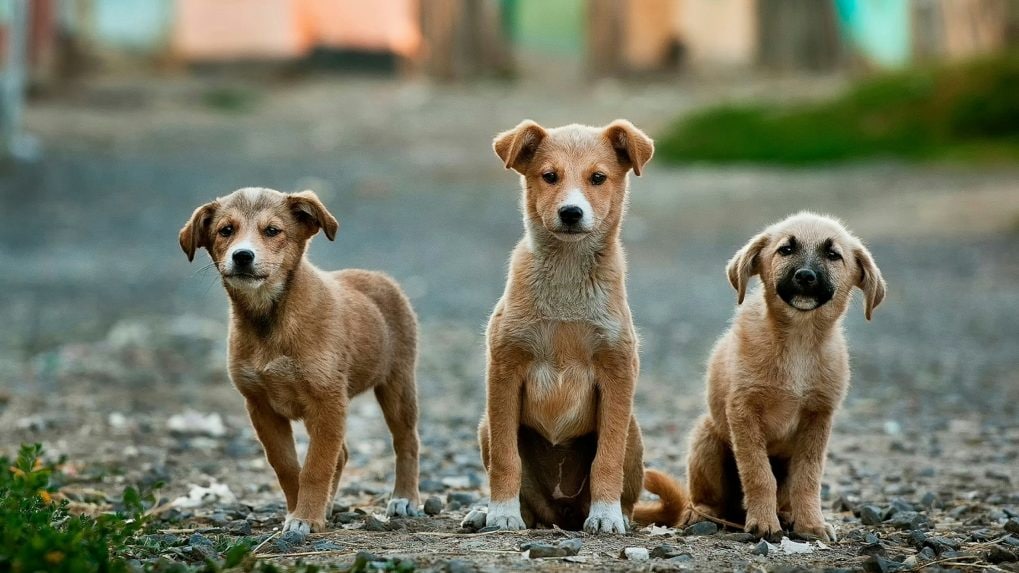Supreme Court order to remove stray dogs in Delhi sparks outcry: WATCH
The Supreme Court’s order to remove all stray dogs from Delhi-NCR within eight weeks has sparked protests and legal pushback from animal welfare groups, who argue the plan is inhumane, unworkable and risks worsening public health issues.
ADVERTISEMENT
The Supreme Court of India’s order to clear the streets of Delhi and the surrounding National Capital Region of all stray dogs within eight weeks has ignited a wave of protests and criticism from animal rights advocates, political leaders and non-governmental organisations.
A bench of Justices J.B. Pardiwala and R. Mahadevan, describing the situation as “extremely grim,” directed the Delhi government to ensure no strays remain in public spaces, colonies or streets. The ruling requires the creation of shelters for roughly 5,000 dogs, staffed to carry out sterilisation and immunisation programs. “We are issuing these directions keeping larger public interest in mind,” the bench said, adding that “infants, young children should not at any cost fall prey to stray dog bites leading to rabies.”
Activists and animal welfare organisations quickly denounced the decision. People for the Ethical Treatment of Animals (PETA) called the ruling “impractical, illogical and illegal.” By Monday afternoon, protesters, including rescuers and caregivers, had gathered at India Gate to oppose the directive.
This Supreme Court Ruling Broke His Heart
— Storyboard18 (@Storyboard18_) August 11, 2025
Suhel Seth says if a country can’t protect its voiceless animals, it can’t call itself compassionate. ????????????
A proud Indian and lifelong dog lover, he believes the Supreme Court’s ruling is deeply wrong.
“A country that can’t care for… pic.twitter.com/BZO4vFQgZS
Maneka Gandhi described the judgment as “strange” and “given by someone who is in anger.” She told ANI there are no government-run shelters in Delhi capable of meeting the court’s requirements. “To make those shelters, you have to spend at least Rs 15,000 crore... You’ll have to find 3,000 places where no one lives,” she said, warning of political fallout and predicting that unsterilised dogs from nearby states would flow into the capital.
Animal welfare advocates say Delhi’s estimated one million stray dogs cannot feasibly be confined to shelters, warning that such facilities are often overcrowded and under-resourced. They argue that forcibly removing dogs from their territories is inhumane and unlikely to succeed, and are preparing to challenge the Supreme Court’s order in court.
Critics of the plan caution that relocating community dogs would likely face resistance from residents who care for them. They contend that fewer than half of the city’s strays are sterilised, and that mass removal would not curb rabies or bite incidents. Instead, they warn it could trigger territorial disputes among animals, cause starvation, and ultimately see the dogs return to their original areas.
Demonstrations on Monday were met with police detentions, including of volunteers who feed and care for strays. “They don’t want us to talk... I am being detained because I do the noble work of feeding animals,” one activist told ANI. Critics say the order is at odds with the Animal Birth Control (ABC) Rules, which prioritise sterilisation and vaccination over removal.
Businessman and brand consultant Suhel Seth also condemned the decision. “A country that can’t care for its animals, especially dogs, is not a country that is compassionate,” he wrote on X. “The Supreme Court is so so wrong on this one. Said both as a dog lover and a proud Indian. Someone needs to file a review petition! Soonest…”


